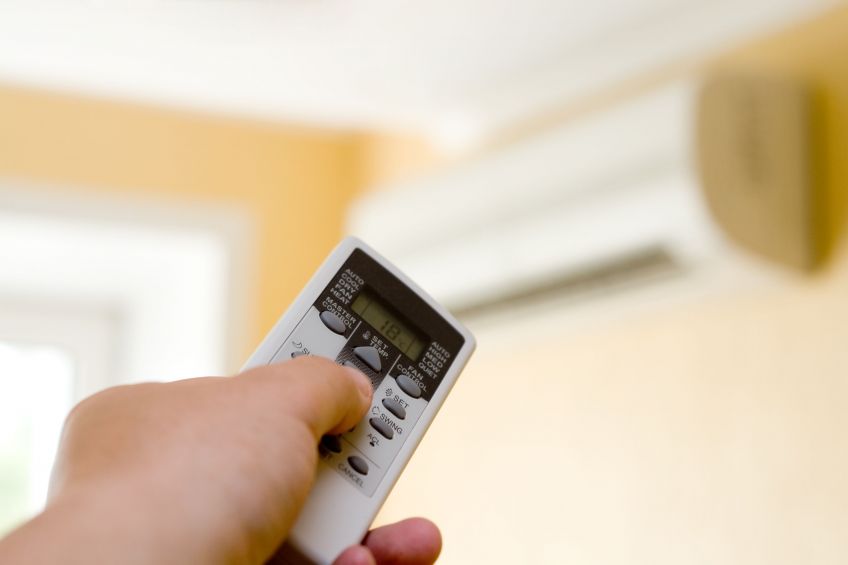Professional HVAC contractors must follow all EPA regulations for installing and removing heating and air conditioning systems. They must also provide sound advice to homeowners regarding these systems. When installing or repairing units, homeowners have several questions about their requirements. The following are frequently asked questions about Heating & Cooling Services.
What are the Maintenance Requirements for These Systems?
The primary objective of maintenance is air flow. The systems require seasonal cleaning to eliminate debris and dirt that accumulate. The homeowner must change their filters regularly to assist with these measures. The maintenance tech cleans coils and the heat exchanger to improve air quality in the home.
How Often Should Heating and Cooling Systems be Replaced?
To achieve heightened energy efficiency and long-lasting service, contractors recommend replacement after twelve years. A new system eliminates common hazards such as shorts and ineffective thermostats. They reduce possible property damage and keep the home at a comfortable temperature all year.
Should the Ductwork be Replaced, too?
Yes, any time that a homeowner replaces their unit, they need to replace the ductwork. Older ductwork may not be compatible with the new system. It won’t provide a tight seal or offer the right volume of air return. It could also contain allergens and health risks.
Why Do Contractors Test for Leaks Before Charging an AC with Freon?
Under new laws established in 1992, all units require leak testing. If the contractor charges the unit before testing, they may leak refrigerant into the atmosphere unnecessarily. These conditions are illegal and could lead to the contractor losing their license to handle the gas. They must follow all EPA regulations for managing refrigerant.
What Changed when the Clean Air Act Went into Law?
Contractors could no longer use R-22 freon for air conditioning units. The gas contains hydrochlorofluorocarbons that damage the ozone. The changes required all contractors to switch to R-410A, which doesn’t produce damaging effects.
Homeowners make sound choices with the right information. With this knowledge and the right HVAC professionals, their homes remain & comfortable all year long. Homeowners who need further answers about Heating & Cooling Services can visit website today. You can also connect them on Facebook for more updates.


